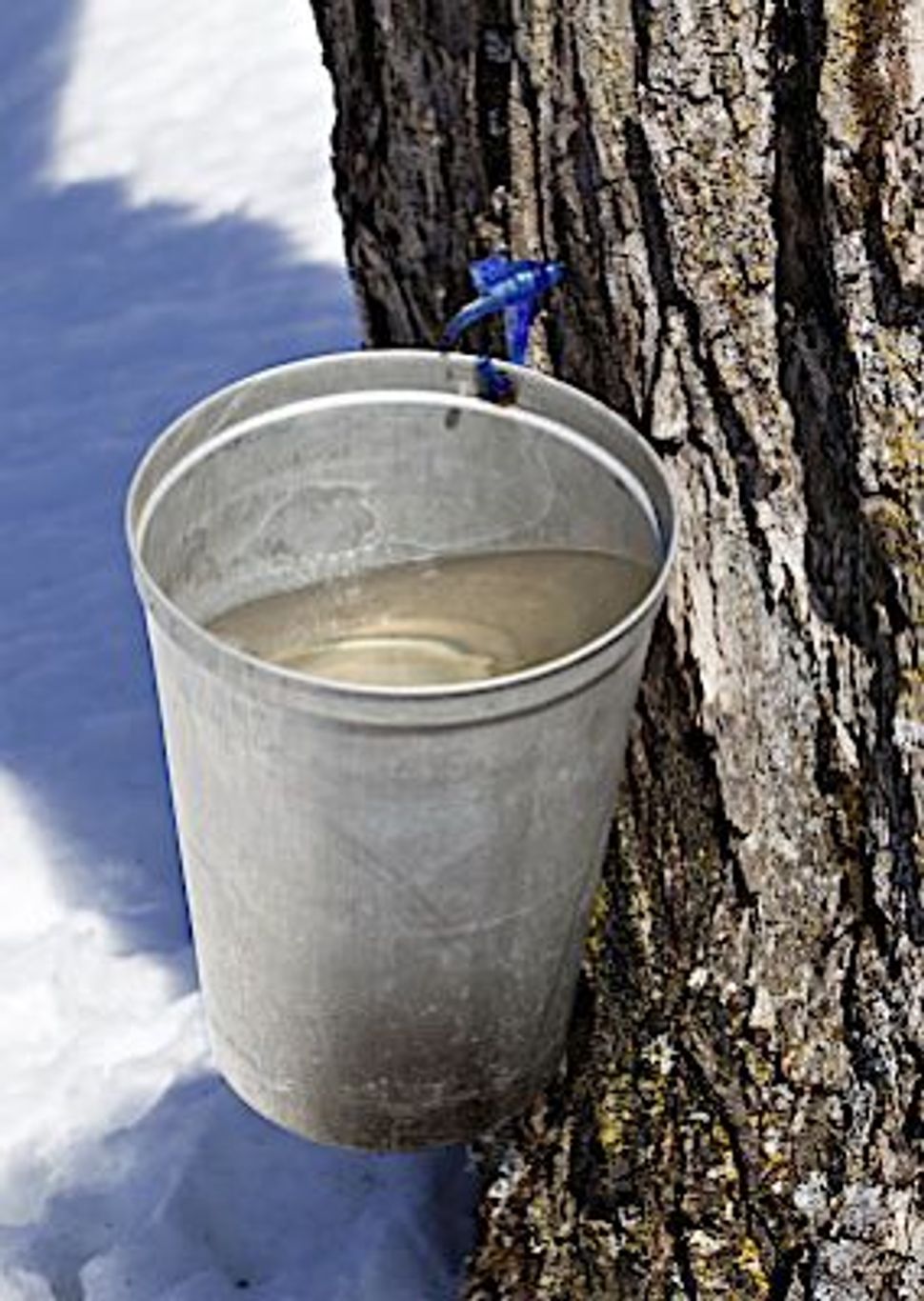This Yiddish song expressing thanks for the harvest is perfect for Thanksgiving
"The Song Of Bread" praises a way of life in which people can eat foods that were produced in their own fields.

"The Song Of Bread" praises a way of life in which people can eat foods that were produced in their own fields.

Though the #metoo campaign has brought renewed attention to sexual harassment and assault against women, we often overlook the degree to which women in low-wage jobs are particularly at risk. The women who pick the food we eat every day, for example, have for decades experienced an epidemic of gender-based violence in the fields. According…

In the Bible, the prayer book and Jewish tradition, the holiday of Sukkot — the “Feast of Booths” or “Feast of Tabernacles,” as it is generally referred to in rather archaic English — also has an accompanying epithet: ḥag ha-asif, the Feast or Holiday of “Gathering” or (as the King James and many other English…

With the end of the High Holidays, autumn is in full swing here in Israel. Everyone feels it — from produce lovers, like myself, bidding goodbye to the delectable sweetness of the summer’s watermelons and mangoes, to the country’s farmers harvesting this season’s new delights and preparing for the coming rains. You don’t need to…

Sukkot is the holiday that celebrates the autumn harvest. The last of the three annual pilgrimage festivals on the Jewish calendar (if we’re counting from Pesach), these were the days in ancient times when our ancestors would gather the best of their seasonal produce and travel to the Temple in Jerusalem to give thanks as…

I have often thought how strange Sukkot must appear to those who are not familiar with the holiday. I imagine my neighbors thinking something like, “I thought it couldn’t get any more bizarre after my neighbor built this hut in her backyard, but now she is out there holding a lemon and shaking a bunch…

Early spring is a magical time for maple sugar makers in the Northeast. After three months of cold temperatures, quiet mornings and early evenings, the awakening of the natural world is ever so apparent now. The warm March sunlight melts the snowpack and maple sap begins to flow from the trees. Preparations for the maple…
Q: What do you do when you have so many home grown zucchini your friends won’t answer the door when you try to share your harvest? A: Find a car with an open window. The triumph and the tragedy of the summer growing season is the sheer fecundity of gardens and farms. How to partake…








100% of profits support our journalism